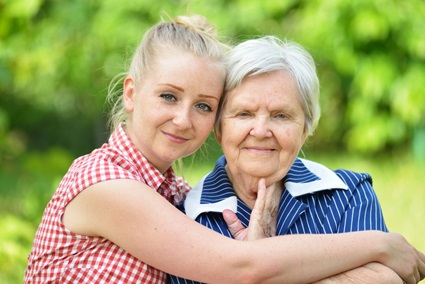The end of cancer treatment is a real accomplishment. But saying goodbye to treatment can have different effects for different people. Transitioning back to a life without so many doctor’s appointments, different diets and various lifestyle changes can trigger lots of the emotions and uncertainties associated with beginning a new chapter in life.
While it is important to stay as active as possible during cancer treatment, it is likely that you had to put certain activities or forms of exercise on hold. After getting your doctor’s approval, slowly ease your way back into a normal exercise routine without overexerting yourself. Activities like walking, hiking, swimming or easy cycling can help you to:
- Increase your strength
- Lower your anxiety
- Enhance your energy level
- Fight symptoms of depression
- Maintain a healthy body weight
Eating Healthy Foods & Maintaining Your Body Weight
During treatment, you may have gained or lost weight. Talk to your doctor and a dietitian about adjusting your diet to accommodate your new nutritional needs and goals for weight management. If you used tobacco prior to cancer treatment, it is important that you do not resume this habit during your recovery process; similarly, alcohol should only be consumed in moderation, if at all.
Getting Follow-up Medical Care
It is essential for cancer survivors to get follow-up medical care, both to ensure that the cancer has not returned and to monitor any side effects that may persist after treatment. Follow-up appointments with your doctor may be necessary every few months in the first couple of years following treatment. Your doctor will likely:
- Perform a physical exam
- Review your medical history
- Ask you about any residual symptoms or side affects you are experiencing
- Conduct blood tests
- Order imaging scans or endoscopies
Seeking Support
Recovering from cancer isn’t just about helping your body to return to normal. It is also about healing emotionally and psychologically from the stress and pain of a cancer diagnosis and treatment. Many patients choose to undergo therapy or counseling both during and after treatment so that they can talk about battling cancer. Survivor support groups are also a way for people recovering from cancer to come together and discuss their experiences.
BayCare also offers a variety of classes and support groups for those who have been through, or are going through, cancer treatment. Sign up today at BayCareEvents.org.




